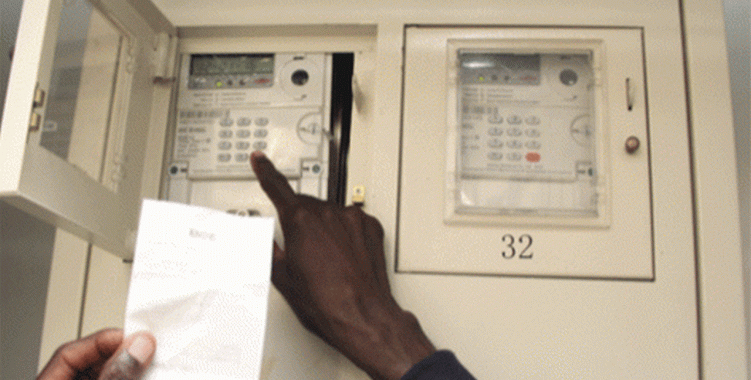In small terms, the prepaid energy system works in a similar way to that of mobile telephony: the user pays in advance for the service he will use, buying credits. However, the important difference in the case of energy is that the tariff is the same, whereas in mobile telephony, prepaid is usually more expensive. In the case of the electrical system, the consumer defines the amount of kWh (kilowatt-hour) - energy measure - and the meter recharge frequency. When the credits are running out, the meter itself alerts the consumer with an audible and visual signal. However, the warning that the credits are running out does not detract from the illegality of suspending the energy supply.
This system, like all others, has advantages and disadvantages that must be weighed when choosing the service or not. As advantages, it can be mentioned that the implementation of these systems would help the users to control the expenses with the service, thus reducing the number of non-compliance with the energy payment, the so-called defaults. It avoids the so-called cats or energy fishing by the neighbor, the companies would no longer need to pay employees to read the energy meters or to deliver bills and promote reconnection. On the other hand, this system makes the user responsible for the irrational use of energy, in addition to the fact that if for any reason the consumer fails to place new credits, he is left without access to electricity. The most economically vulnerable people would be more prone to power cuts. Finally, there is a high cost for the implementation of electronic meters by the energy company. In other words, it should be the energy company that will install free of charge in the consumer's home.
This system already exists in countries like Scotland, Colombia, the United Kingdom, Argentina, South Africa and even in Angola. However, the Angolan reality is quite different compared to these countries. As stated by the commercial director of ENDE, Marcos Balanca, there have been constant complaints by parts of customers of the prepaid system, who claim that there are charges outside consumption. This reason is justified, because the company has made discounts related to the power charge. The truth is that postpaid customers have a fixed component, which is independent of consumption, while in the prepaid system, the customer pays, at the time of energy purchase, a power charge rate. "When the customer purchases the energy, first, this fee is discounted and what remains is for the purchase of energy." This becomes unfeasible, or in a way, a loss for those who migrated to this system and especially for those with low consumption. In most of the Brazilian territory, for example, this system was blocked because it would violate the citizen's right to electricity.
For César, an electrical engineer, this system is viable, as he is now able to truly pay for what he spends, guaranteeing the solution of all problems related to the interruption in the supply of electricity. While for Miguel Augusto, this system does not pay, as in the past lamps, televisions and other electrical appliances were on all the time and paid almost nothing. However, with the new system, even turning off lamps and other appliances, it still pays much more expensive than before, in addition to the fact that even after the energy is recharged, the meters still show readings failures, generating discomfort and more time without power electrical.
However, the truth is that the choice or not of prepaid electricity systems should be at the discretion of the consumer and not the company. The customer who adheres to the prepaid system and after that, realizes that it has not added value, should have the right to return to the previous system, without bureaucracy, without cuts. The company must take into account the conditions of the most vulnerable when they do not have the means to recharge, as energy must be a right for everyone. Our society in general does not have an energy education and to go about implementing these systems without prior education, will only cause many to run out of electricity or contract debts, generating more profits for companies. Before implementing this system, companies must promote energy efficiency actions that educate society and customers in general. Most importantly, it will be the simultaneous action of the companies in not charging additional fees for the implementation of the same, as what happens is that prepaid customers pay more.








